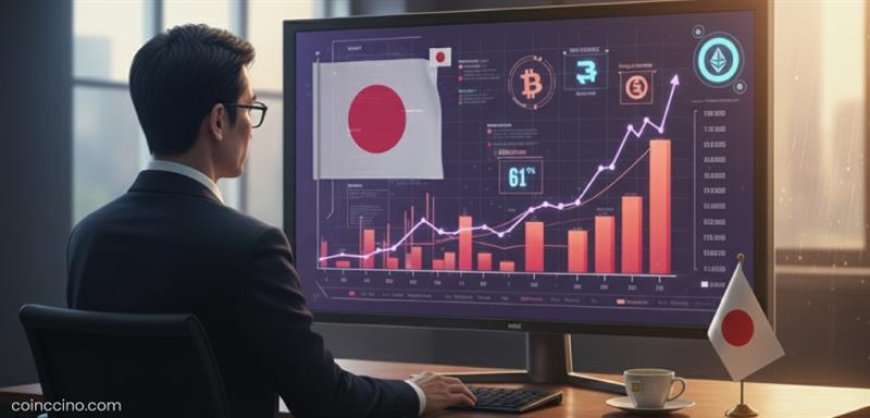Japan Plans to Ban Crypto Insider Trading as Regulators Reclassify Digital Assets
Japan is preparing to outlaw insider trading in cryptocurrency markets by amending its securities law, Nikkei reports. The Securities and Exchange Surveillance Commission will receive new powers to investigate and penalize trades based on undisclosed information. Legislation is expected in 2026.

Market Context
Until now, cryptocurrencies in Japan have mostly operated under the Payment Services Act rather than securities-style rules. As digital asset adoption grows—now with millions of domestic users—regulators are increasingly aligning crypto oversight with traditional finance. Past scandals such as the collapse of Mt. Gox and growing retail participation have fueled demand for tighter rules and higher investor protection.
Technical Details with Attribution
- According to Nikkei / CoinTelegraph, Japan’s Financial Services Agency (FSA) will work to amend the Financial Instruments and Exchange Act (FIEA) to make crypto assets subject to insider trading rules.
- The Securities and Exchange Surveillance Commission (SESC) will be empowered to investigate suspicious crypto-market trades, impose fines proportional to illicit gains, and refer severe cases for criminal prosecution.
- The regulatory reform is expected to be drafted / submitted during the 2026 parliamentary session.
- One challenge flagged by analysts is the lack of clearly defined “insider” in decentralized token projects—some tokens have no clear issuer, making enforcement complex.
- Volume of crypto accounts / adoption has surged; one source puts active accounts in Japan at ~7.88 million as of August 2025.
Analyst Perspectives
Some industry watchers regard Japan’s move as overdue—bringing crypto under the same legal discipline as equities and bonds may boost investor confidence and curb manipulative trades.
Yet others warn that implementation may be difficult: defining who counts as an insider in decentralized projects is not straightforward, and regulatory clarity will require careful drafting. Delays or pushback may arise if crypto-firms or projects argue about who falls under the new definitions.
Global Impact Note
If passed, Japan’s approach could set a precedent in Asia for regulating crypto markets like traditional finance. It might also push other countries to explore similar reforms—particularly where crypto adoption is high but regulatory oversight remains light. The ripple effects could influence how exchanges, token-issuers, or decentralized-project fund raises are handled globally.